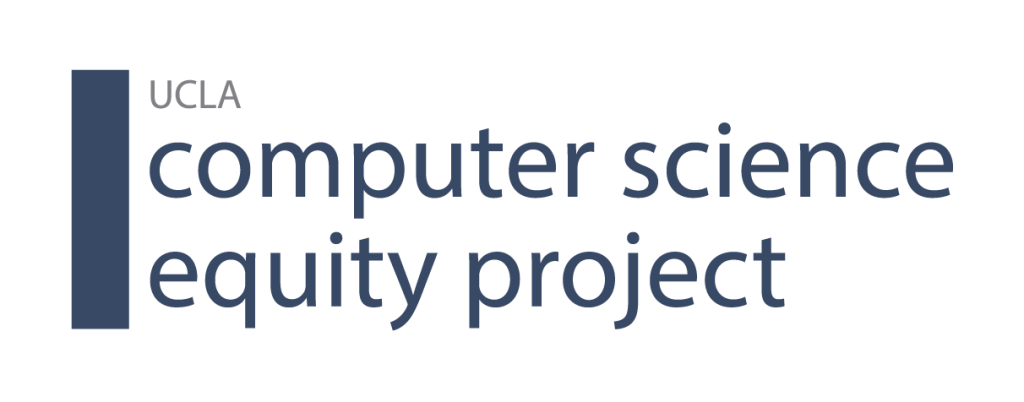We realized that in order for initiatives to effectively make computing inclusive, we need to begin with a shared and collaboratively generated definition of equity to which all are accountable. Below is SCALE-CA’s current understanding of the meaning of equity in computer science education and how it gets enacted. This shared understanding of equity continues to evolve and inform our own personal understanding and agency as well as the larger project’s goal to build systemic leadership capacity for equitable implementation of CS.
For more information about the process we developed to iteratively define and deliver equity, please see the paper we presented at RESPECT 2021.
